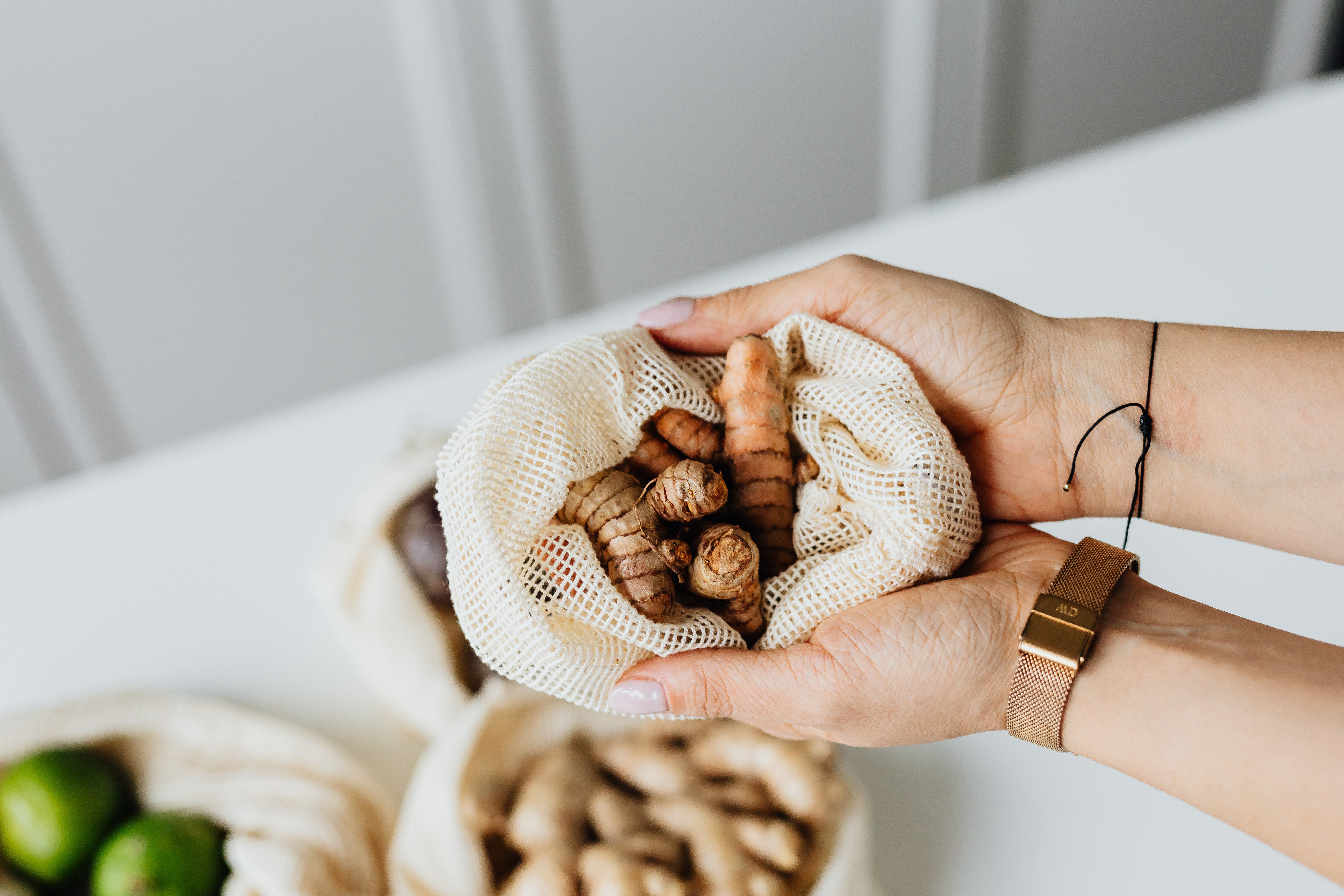Bloating is one of the most common complaints that I hear from my patients. Many people seem to think that discomfort, feeling sluggish and bloating is a normal part of everyday life. However, this is definitely not the case. Bloating is a sign that your digestive tract is not functioning optimally and would benefit from some support.
IBS, or irritable bowel syndrome is the most common diagnosis given to people with bloating. This diagnosis is usually given once other more obvious health concerns such as celiac disease, inflammatory bowel disease or infection are ruled out. Unfortunately the diagnosis does not give you any insight into the cause of bloating or how to treat it. Outlined below are some of the most common causes of bloating that we consider as part of a Naturopathic approach:
1- Dysbiosis
Dysbiosis refers to an imbalance between the good and bad bacteria in the digestive tract. A healthy digestive system will contain between 2.5-5kg of bacteria and this should be made up of around 75% of the ‘good’ bacteria with 25% of the ‘bad’ or unhealthy strains. These bacteria have many important functions such as regulating our immune system, protecting us from infection, helping us to extract nutrients from our food and helping us to breakdown our food. Too many of the ‘bad’ bugs and not enough of the healthy strains can lead to bloating and discomfort and can be addressed using good quality probiotics and enhancing the health of the gut.
2- Food intolerances
Food intolerances are incredibly common in this day and age. Immune imbalance, poor digestive health, eating foods rhat are highly processed and refined, and excessive consumption of foods that we are not designed to eat in large quantities (such as dairy and wheat) are the main reasons that food intolerances are so common. The most common intolerances that I see in my patients include wheat, gluten, yeast, soy, egg and dairy. These are all food common in the standard western diet. Food intolerance testing is the best way to determine if there are foods affecting your health and we offer this for our patients who wish to investigate food intolerances further.
3- Low stomach acid secretions
Our stomach acid secretions are vitally important to our whole digestive function as they are responsible for the initial break down of our food, and to get the rest of the digestive system ready to digest your meal. Once swallowed, food is sent straight to our stomach and mixes with acids and enzymes to break down into smaller particles and primarily digest proteins. Poor protein digestion can occur if stomach acids secretions are low, and this can cause fermentation, gas and bloating.
4- Poor bile flow
We secrete bile from the gall bladder during our meals to break down fats from our food. Bile is also used as an agent to promote regular bowel movements. A sluggish bile flow can lead to feeling nauseas, bloated and sluggish, and can slow down bowel movements. Feeling unwell after rich or fatty foods is another sign that your bile flow may be sluggish.
5- Irregular bowel movements or constipation
In an ideal world of perfect bowel movements, we would have a bowel movement every morning on waking. However for most of us, this is often not the case. This may be in part due to our busy lifestyle and not allowing ourselves time in the morning for our digestive system to ‘wake up’ before we run ou the door to work. However some people are prone to slow and irregular bowel movements, which can lead to a lot of discomfort, gas and bloating. By improving bowel regularity we can help to reduce bloating and distention if this is a trigger for you.
6- High sugar intake
A high sugar diet can cause lots of bloating and discomfort. This is primarily because sugar is the prime food sources for bacteria living in our gut, and as the bacteria digest sugar it causes fermentation and gas. Dysbiosis can be made a lot worse in people with a high sugar diet. Our bodies are not designed to cope with the excessive levels of sugar found in the modern western processed diet and it will take its toll in the form of bloating if you ingest more than is necessary.
7- High grain intake
Grains are another common cause of bloating, particularly wheat. Wheat is the primary grain eaten in the western world and many people quite easily consume wheat with every meal and snack of the day in the form of cereals, breads, wraps, crackers and pastas. Genetically, we are not designed to eat such a high grain intake- we should be consuming about 5-10% of our food as grain. We should also not limit ourselves to the one form of grain- varying your grains between other such as rice, spelt, rye, kamut, quinoa or buckwheat can help.
8- Overeating
Simply eating too much food in one sitting can lead to bloating and discomfort. Our stomachs are only as big as a closed fist when empty but we often eat a lot more than this. Standard portion sizes are often much bigger than this, making our meals difficult to digest. Overeating places a huge strain on our digestive system and is bound to lead to bloating, gas and sluggishness.
9- Inadequate movement/activity
Did you know that our digestive system needs physical activity and movement in order to work well? Moving our body literally helps digestive contents to move through the large and small intestines. With the sedentary lifestyle that so many people lead this could be playing a huge role in bloating. Exercise such as abdominal work, yoga and pilates are all a big help, but simply going for a walk for 20 minutes a day will do the trick. Keep this in mind if you have had a day at work sitting all day as this could be all you need to reduce your bloating.
10- Hormonal fluctuations
Hormonal fluctuations in women can lead to bloating, fluid retention and abdominal tenderness, particularly pre-menstrually. This is a huge factor and discomfort for many women. While some degree of bloating in the 2-3 days before and first few days of your period is inevitable, if you are experiencing bloating for more than that, this is a sign that your hormones may need balancing.
Come in and see me for an appointment if you would like to tackle your bloating! Email [email protected]



0 Comments